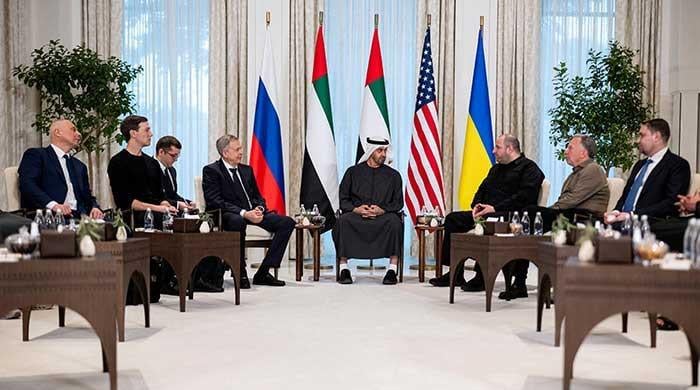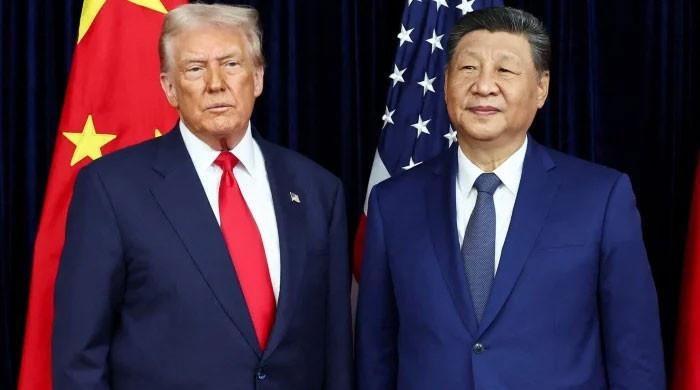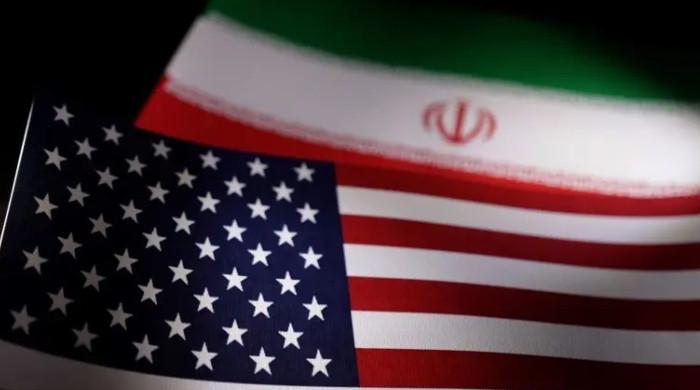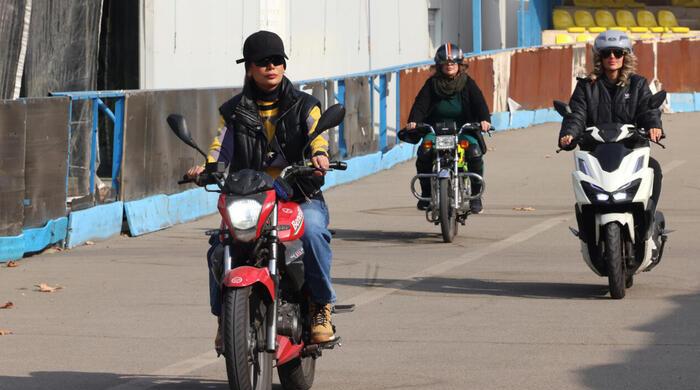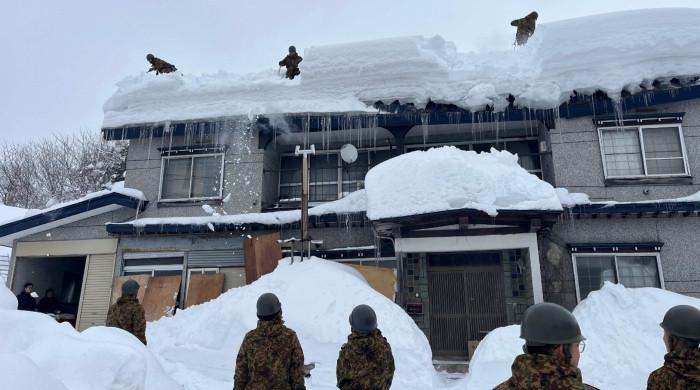Libya forces corner Gaddafi loyalists in Sirte; 20 dead
SIRTE: Libyan transitional government forces said they had cornered Muammar Gaddafi loyalists in the centre of the deposed leader's hometown on Monday, where desperate civilians were still trying to...
October 11, 2011
The protracted battle for Sirte has raised concerns that civilian casualties could breed long-term hostility and make it hard for the National Transitional Council (NTC) to unite the vast North African state once the fighting is over.
"Gaddafi's forces are cornered in two neighbourhoods near the sea, an area of about 2-km square, but there is still resistance," Abdul Salam Javallah, commander of NTC units from eastern Libya, told Reuters on the front line of their attack.
"We are dealing with them now with light weapons because there are still families inside," he said.
NTC commanders say they are using only light weapons, but government tanks have also moved into road intersections and pounded Gaddafi positions, while pick-up trucks mounted with heavy weapons as well as foot soldiers darted out of cover to fire wildly up ahead.
At times, NTC units came under fire from their own side, a hazard becoming more acute as the poorly coordinated groups of government volunteers attacking from the east and west close in on one another.
Most of the NTC forces attacking Sirte are from other towns and do not have much help from the inside as they did they when they captured the capital Tripoli on Aug. 23 and ended 42 years of one-man rule by Gaddafi after six months of civil war.
GADDAFI'S MEN FIGHT FOR THEIR LIVES
Many civilians from Sirte are also fighting alongside the remnants of Gaddafi's army in the belief the outsiders will commit atrocities once they capture the city of 75,000 people, which Gaddafi built into a lavish second capital.
"Gaddafi's troops know their way around," said one government fighter in a brief lull in the fighting. "We don't know the city. We don't even know what's in the next street."
Gaddafi is believed to be hiding in the desert to the south.
NTC forces have struggled to take Sirte and a few other bastions of Gaddafi loyalists, which has impeded efforts to setup effective government nationwide and restart oil production, the lifeblood of the Libyan economy.
Several Libyan analysts also say they are worried fault lines are opening up between the Tripoli Military Council, which has nominal control over the capital and is also believed to be backed by Qatar, and groups loyal to interim Prime Minister Mahmoud Jibril, a Western-trained technocrat.
NTC forces in Sirte took three important landmark buildings on Sunday -- the main hospital, the university and the opulent Ouagadougou conference centre, built to host the summits of foreign dignitaries that Gaddafi was fond of staging.
"Eighty percent of Sirte is now under our control," said Omar Abu Lifa, a commander of government forces attacking Sirte from the west.
NTC forces have repeatedly claimed to be on the point of victory in Sirte, only to suffer sudden reversals at the hands of tenacious enemies fighting for their lives, surrounded on three sides and with their backs to the sea.
In just one field hospital to the east of the city, doctors said they had received 20 dead and 87 wounded over the last two days from fighting. There were many more casualties elsewhere.
NTC chairman Mustafa Abdel Jalil said his men had reached Sirte city centre, while the only other major town in the hands of Gaddafi loyalists, Bani Walid in the interior desert to the south, was also under siege from no fewer than five sides.
"I think and I hope, with the help of God, the liberation of these two towns will be completed by the end of this week. God willing," he told a news conference in Tripoli on Sunday.
Sirte holds symbolic significance because Gaddafi turned it from a fishing village into a second capital. He built opulent villas, hotels and conference halls to house the international summits he liked to stage there. (Reuters)





